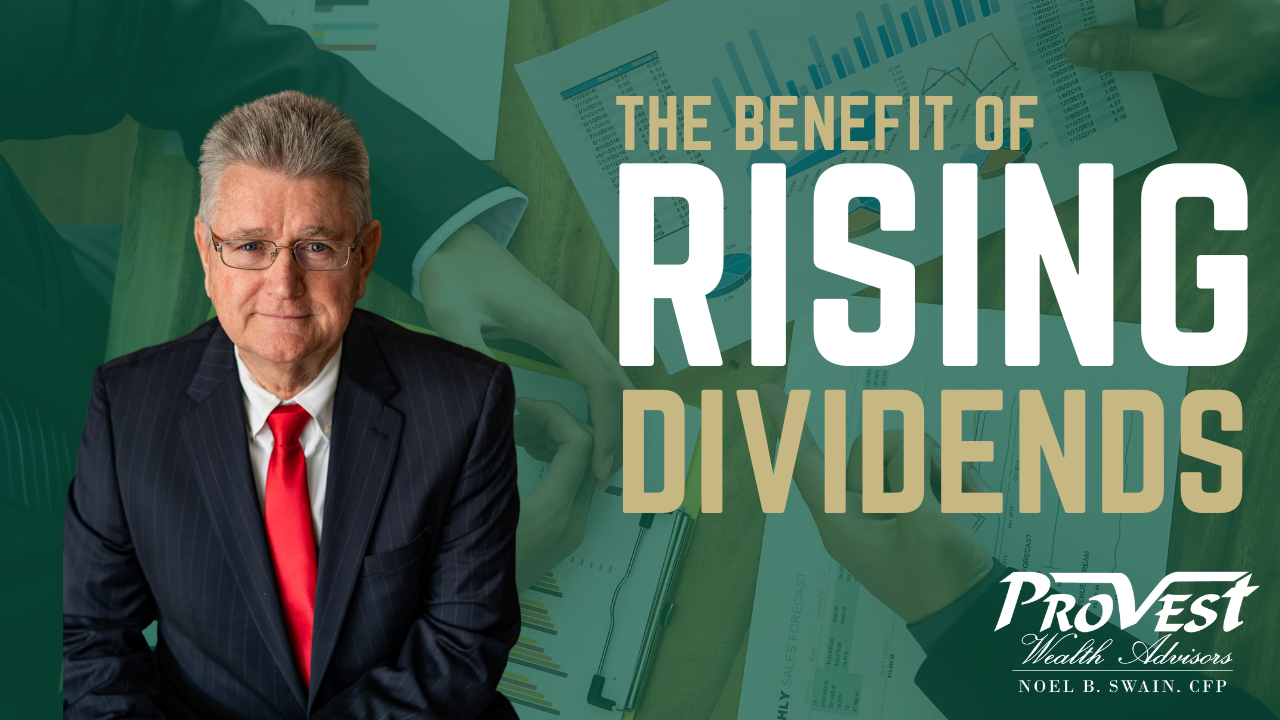How we are different.....
- ACTIVE MANAGEMENT: We actively manage most of our clients’ accounts which includes evaluating research daily to decide how to appropriately invest for current market conditions. We do this in an effort to mitigate risk and maximize return.
- WEALTH TOOLKIT: We have a proprietary Wealth Toolkit that we use to, not only ensure our clients are invested according to their own tolerance for risk, but to look at their overall financial position in an effort to plan for a 30 to 40-year retirement.
How do our active management and dividend strategies work?
Playlist




We have a proprietary Wealth Toolkit.
Our Wealth Toolkit is ....
Playlist

Click on the video above to learn more about our Wealth Toolkit.
Other Financial Planning Services
We Provide Best Possible Solutions To Give Your Business A Competitive Edge
Typically a potential client will have a few accounts scattered about, each with differing levels of risk and reward. After obtaining a list of all statements with the current positions, we are able to analyze the holdings in a portfolio. One’s appetite for risk changes through time, and along with it their optimum level of risk. While some are too aggressive, others might be too conservative to reach their potential. Using technology, we are able to see how well your portfolio represents you and your future.
By using a tactical approach to investing, we move money across different investments such as Exchange Traded Funds, Mutual Funds and stocks but with the goal of hedging risk. We increase or reduce our levels of cash, regularly, based on independent research which we purchase and follow. If human emotion was more easily controllable, then we believe investing in the S&P500 could be the best way to go, rendering our tactical style useless. Our typical investor is not a risk seeker who is able to handle a 35% to 55% drawdown on their diversified portfolio, but understands our value added is in managing their assets as a fiduciary in a way that can avoid events that might cause them to lose faith.
There are many names and methods for a retirement analysis. The academic term is a Cash Flow Analysis. Determining cash flows means looking at cash available, spending habits, and what future income (e.g. Social Security, Pension etc.), future assets (e.g. Selling a business, or property), or future expenses (e.g. caring for parents, taking more vacations) one might expect. As part of our Wealth Toolkit, we can help put together a definitive blueprint as the foundation of important upcoming life decisions. While this may not be the crystal ball we all seek, it could help avoid a big mistake that could decrease one’s retirement.
For small business owners with less than 50 employees, we can prepare a cash flow analysis that determines ways to convert business idea’s into a well laid plan. Most business owners have difficulty putting plans onto paper, due to the complexities with owning a business. As business owners ourselves, we know first hand the challenges and obstacles a small business owner might face. We will work with outside accountants and/or legal advisors to uncover the full value of one’s business and direction.
What is the 529 Plan?
A 529 plan is an investment account that can help you save over time for the high cost of education. These college savings investment vehicles can provide tax advantages.
What are the tax advantages of the 529 Plan?
Money in your account grows free from federal and South Carolina state income taxes. Withdrawals are also tax-free as long as that money is used for qualified expenses.
Investors should carefully consider investment objectives, risks, charges and expenses. This and other important information is contained in the fund prospectuses, summary prospectuses and 529 Product Program Description, which can be obtained from a financial professional and should be read carefully before investing. Depending on your state of residence, there may be an in-state plan that offers tax and other benefits which may include financial aid, scholarship funds, and protection from creditors.. Before investing in any state’s 529 plan, investors should consult a tax advisor. If withdrawals from 529 plans are used for purposes other than qualified education, the earnings will be subject to a 10% federal tax penalty in addition to federal and, if applicable, state income tax.
